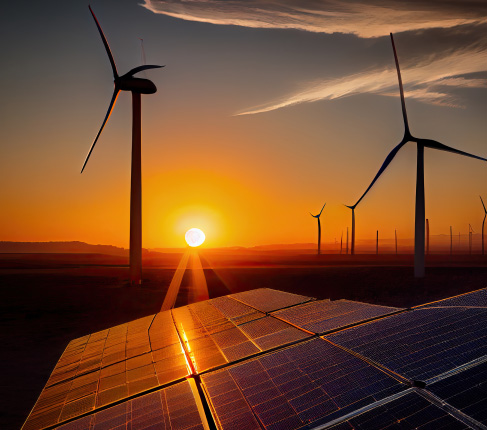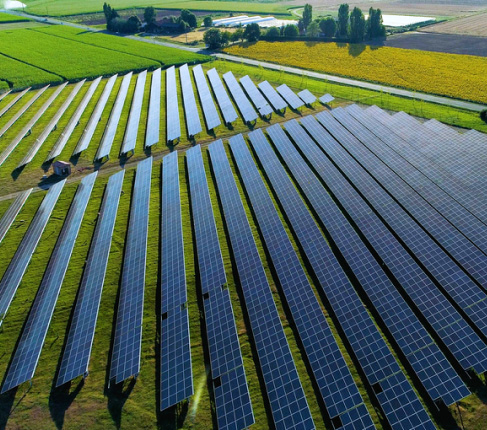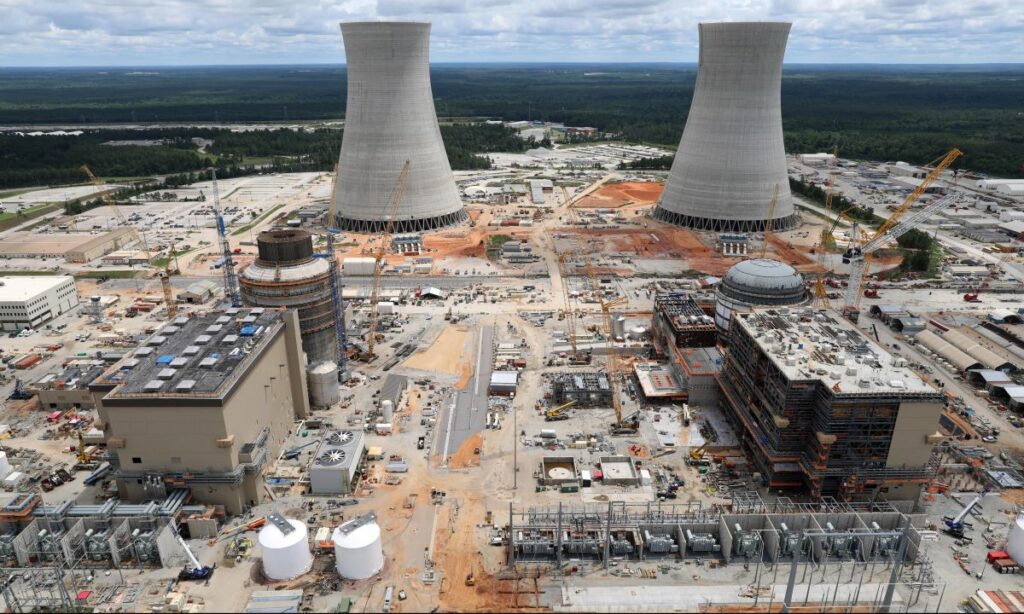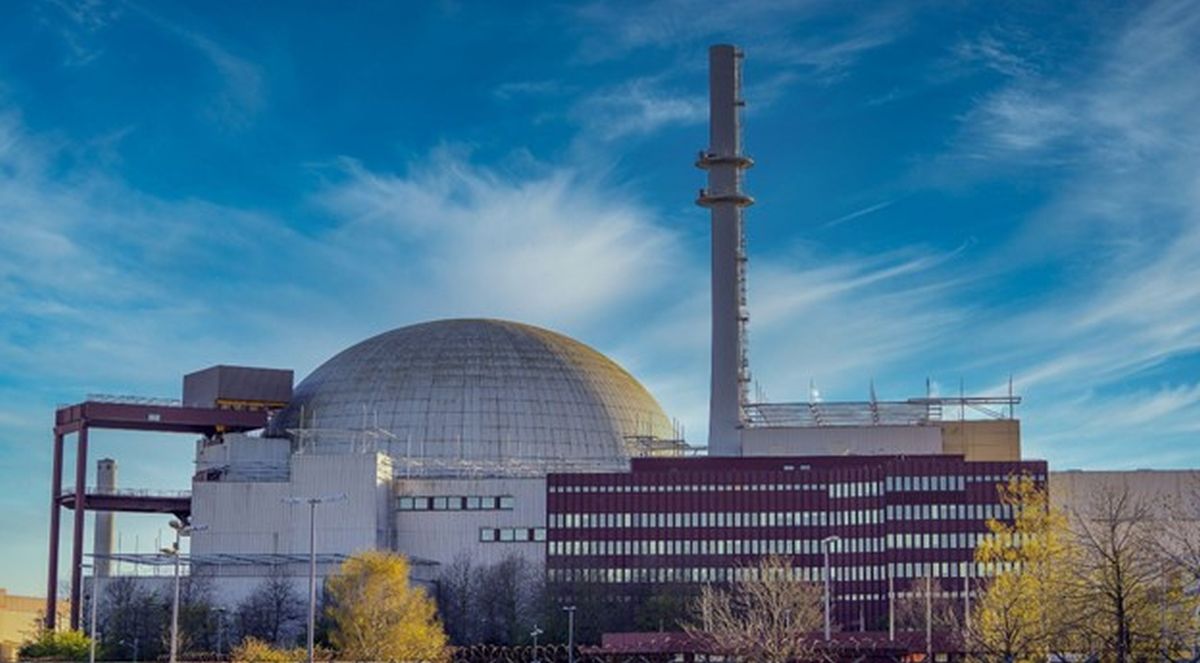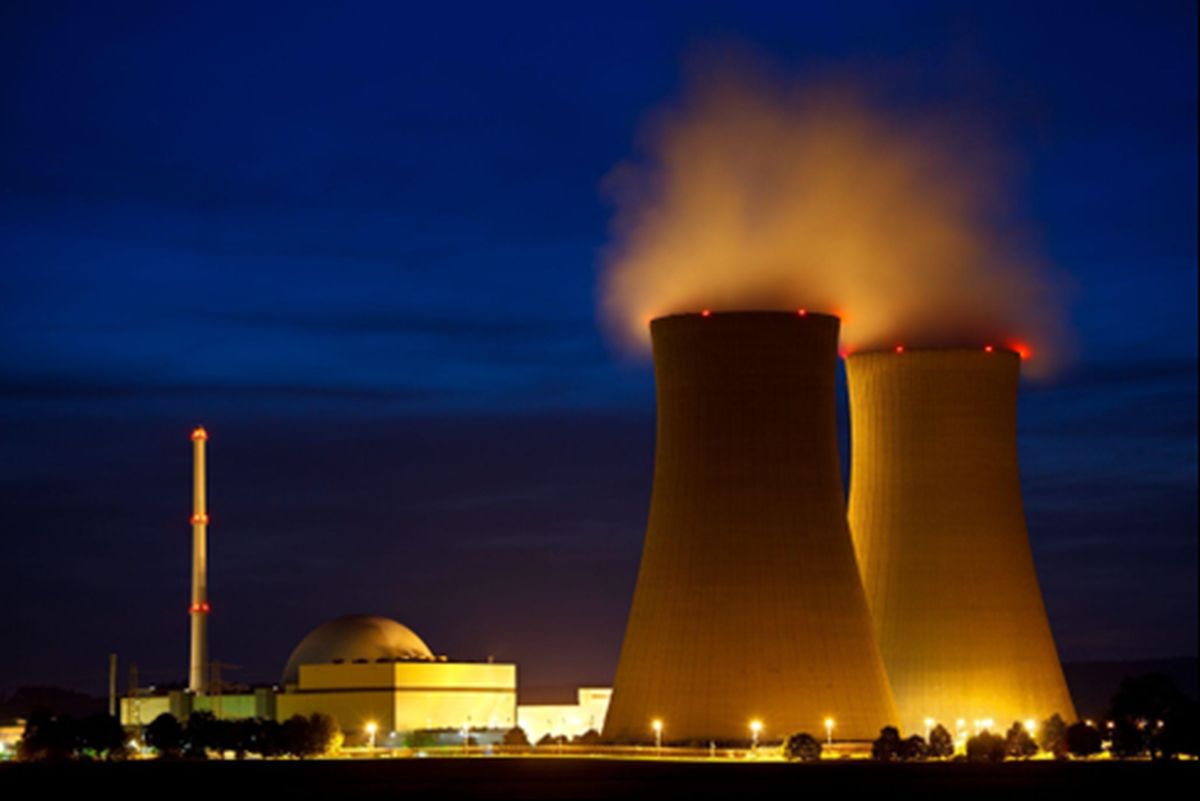The year 2024 marks an innovative phase in nuclear energy, with significant developments across various fields of the nuclear sector. From the vital commercial launch of Vogtle Unit 4, signaling enhanced power capabilities and sustainability, to progressive strides in nuclear technology applications like hydrogen production, US atomic energy is set for impactful evolution. These advancements aim to elevate the energy infrastructure and align with global energy security and environmental sustainability goals.
Relevant Blog: Vogtle Unit 4 Sparks a New Chapter in US Nuclear Energy
Commercial Launch of Vogtle Unit 4
Scheduled to commence commercial operations in 2024, Vogtle Unit 4 marks a significant progression in the US nuclear power sector as a successor to Vogtle Unit 3 and the Vogtle Unit plant. This facility has an AP1000 reactor designed to generate over 1,100 megawatts of clean energy. Initiating Vogtle Unit 4 is vital for enhancing US energy with sustainable, low emission power sources. Extensive pre-operational testing has been conducted to ensure the unit meets the nation’s energy requirements while adhering to the highest safety standards. Moreover, this unit’s launch is part of an initiative to modernize and expand the US nuclear capacity, supporting the country’s transition towards more sustainable energy sources and reducing its carbon footprint.
Expansion of High Assay Low Enriched Uranium (HALEU) Production
The US Department of Energy (DOE) is intensifying efforts to expand the production of High Assay Low Enriched Uranium (HALEU). This advanced nuclear fuel is essential for the next generation of nuclear reactors, which are more efficient and safer than their predecessors. By streamlining the distribution processes and scaling up production capabilities, the DOE aims to secure a steady supply of HALEU. This initiative is crucial for deploying modern reactors and is supported significantly by the Inflation Reduction Act, marking a significant federal investment in sustainable nuclear technology.
Strides in Nuclear-Powered Hydrogen Production
In an innovative crossover of nuclear technology and renewable energy, 2024 may see developments in nuclear-powered hydrogen production. Projects like Davis Besse and the Prairie Island nuclear plant are exploring hydrogen production through high-temperature electrolysis, an efficient process powered by nuclear energy. This method not only diversifies the use of nuclear reactors but also aims to supply clean hydrogen for manufacturing and transportation, potentially reducing carbon emissions significantly.

First-Ever Global Nuclear Energy Summit
The Inaugural Nuclear Energy Summit, held in Brussels and arranged by the IAEA in partnership with Belgium, set a new global record. The summit highlighted nuclear energy’s vital role in achieving energy security and reducing carbon emissions worldwide. Discussions at the summit focused on strategic advancements, regulatory enhancements, and international cooperation needed to promote advanced nuclear technology worldwide. This platform proved crucial for aligning global nuclear policies with contemporary energy and environmental goals.
Legislative and Regulatory Developments
Anticipated changes in legislation and regulation in 2024 are aimed at significantly impacting the nuclear energy sector in the US. New initiatives are underway to modernize energy regulations, facilitating faster and more efficient deployment of nuclear technology. Efforts to properly align the permitting process for new reactors will accelerate project timelines while maintaining the industry’s high safety standards. Such legislative support is crucial for significant investments and expediting the integration of advanced nuclear technologies into the national energy grid.
Conclusion
The concerted efforts to expand atomic capacity, such as the augmentation of HALEU production and the integration of nuclear technology in clean hydrogen production, are set to advance the energy sector. Moreover, the inaugural Nuclear Energy Summit has laid the groundwork for international collaboration, setting a robust framework for the future of nuclear energy and thereby enhancing the sector’s contribution towards a sustainable and secure energy future.
Disclaimer: Any opinions expressed in this blog do not necessarily reflect the opinions of Certrec. This content is meant for informational purposes only.






